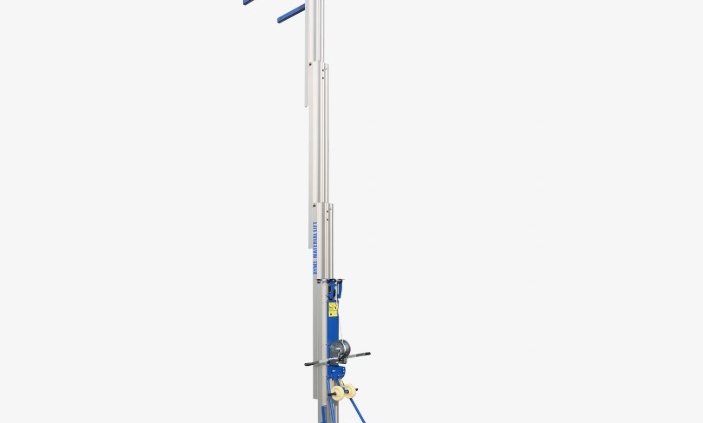Material Lifts Manufacturer vs. Distributor: Which Should You Choose?
Material Lifts Manufacturer vs. Distributor: Which Should You Choose?
When buying a material lift for your business, you have two main options. You can buy directly from a material lifts manufacturer or work with a distributor. Both options have benefits, but the right choice depends on your needs, budget, and project goals. Understanding the difference will help you make a smart decision.
Understanding the Role of a Manufacturer
A material lifts manufacturer is the company that designs, builds, and tests the lift. They control the entire process, from selecting the raw materials to final quality checks. Because they make the lifts themselves, they know every detail about the product.
When you buy from a manufacturer:
- You often get custom designs that fit your specific requirements.
- You can speak directly with engineers or product specialists.
- You may have access to the latest models and innovations before anyone else.
Manufacturers also handle research and development, so they can advise on the best solutions for challenging projects.
Understanding the Role of a Distributor
A material lifts distributor is a company that sells products made by one or more manufacturers. They do not make the lifts themselves. Instead, they buy from different manufacturers and then sell to customers.
When you buy from a distributor:
- You have access to multiple brands and models in one place.
- You can compare options side by side without contacting several manufacturers.
- You may get faster delivery because distributors often keep stock ready to ship.
Distributors also offer sales and service support for the products they carry, making them a convenient choice for businesses that want variety and quick access.
Key Differences Between Manufacturers and Distributors
Here are some major differences to consider:
- Product Range
- Manufacturers focus on their own designs.
- Distributors offer products from several manufacturers.
- Customization
- Manufacturers can create custom lifts based on your needs.
- Distributors sell standard models, with limited customization options.
- Pricing
- Buying directly from a manufacturer can sometimes be cheaper because there is no middleman.
- Distributors may offer discounts due to bulk buying, but prices can vary.
- Support and Knowledge
- Manufacturers provide in-depth technical knowledge about their own products.
- Distributors offer general advice across multiple brands but may not have detailed technical expertise for every model.
- Lead Time
- Manufacturers may have longer lead times if they are building to order.
- Distributors may offer faster delivery for products in stock.
When to Choose a Manufacturer
You should consider buying from a material lifts manufacturer if:
- You need a custom-built material lift for unique tasks.
- You want direct technical advice from the people who designed the product.
- You need the latest innovations in lifting technology.
- Your project has a longer timeline, and you can wait for a build-to-order product.
Manufacturers are also ideal partners for long-term projects where you may need future upgrades or special designs.
When to Choose a Distributor
A distributor might be the better option if:
- You want to compare several brands before deciding.
- You need a lift quickly from in-stock inventory.
- You prefer dealing with a single supplier for different types of equipment.
- You want competitive pricing from bulk orders.
Distributors are a good choice for businesses that prioritize convenience and speed over customization.
Combining Both Options
In some cases, you do not have to choose between them. You can work with a distributor for quick delivery of standard lifts while partnering with a manufacturer for specialized projects. Some distributors even have close relationships with manufacturers, which can help you get custom features faster.
Factors to Consider Before Deciding
Before making your choice, think about:
- Your budget – Are you looking for the best price or a long-term investment?
- Your timeline – Do you need it now or can you wait?
- Your project requirements – Will a standard lift work or do you need a custom one?
- After-sales support – Who will handle maintenance and repairs?
Asking these questions will help you make the best decision for your business.
Final Thoughts
Both material lifts manufacturers and distributors play important roles in the industry. Manufacturers offer deep technical expertise and customization, while distributors provide variety and speed. The right choice depends on your priorities—whether that is innovation, price, customization, or delivery time.
By understanding the strengths of each option, you can choose the partner that fits your project perfectly and ensures your material handling operations run smoothly.



Leave a Reply
Want to join the discussion?Feel free to contribute!